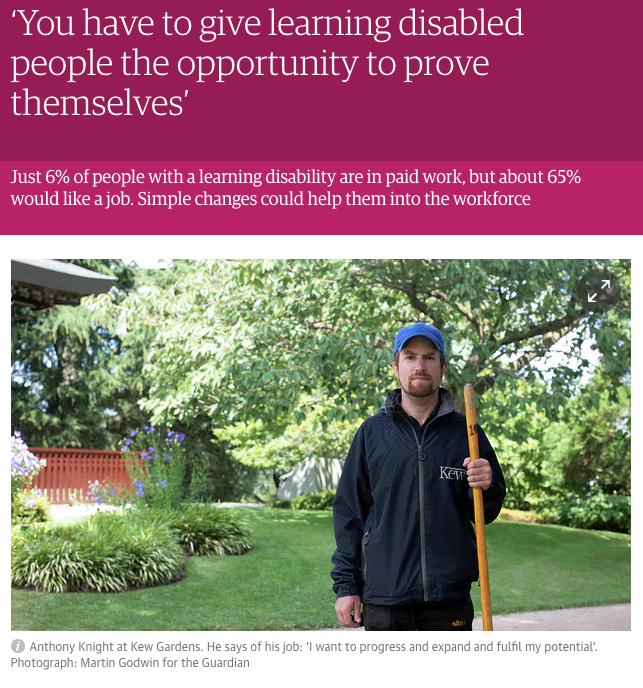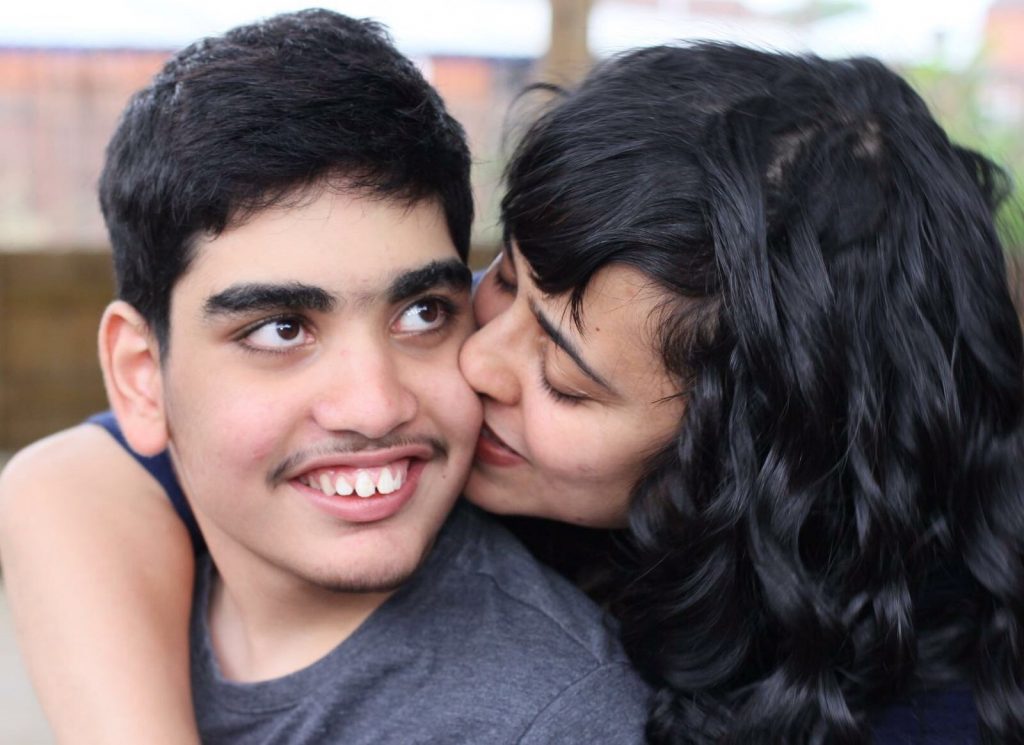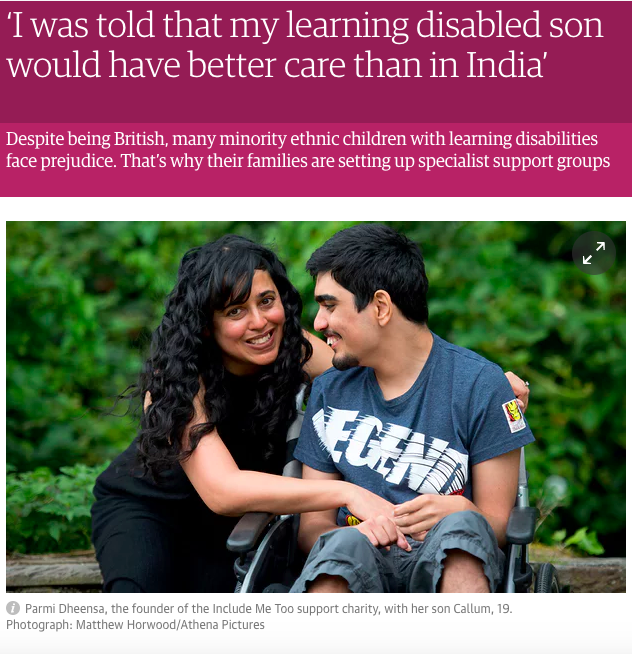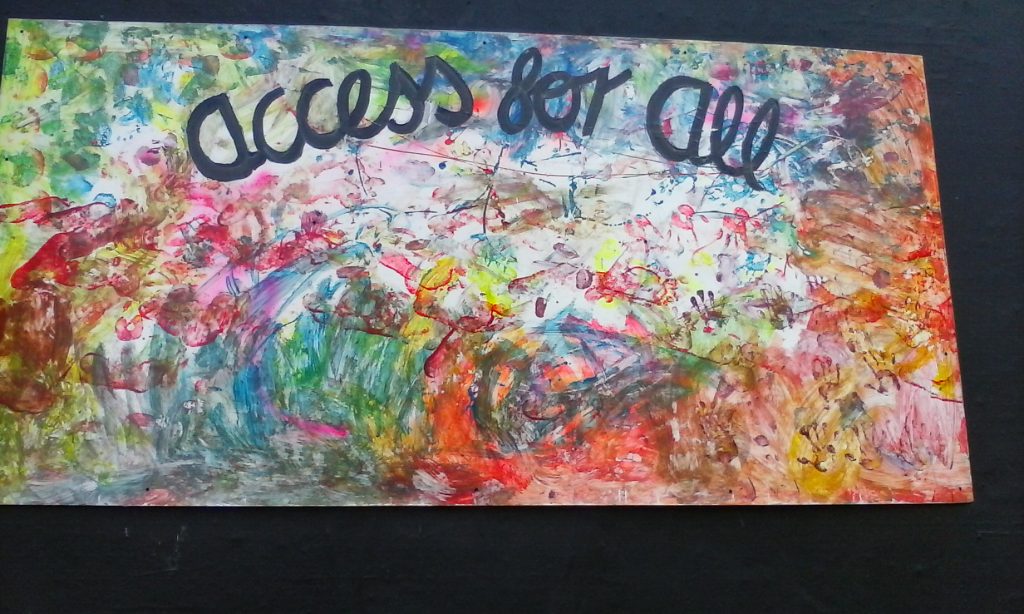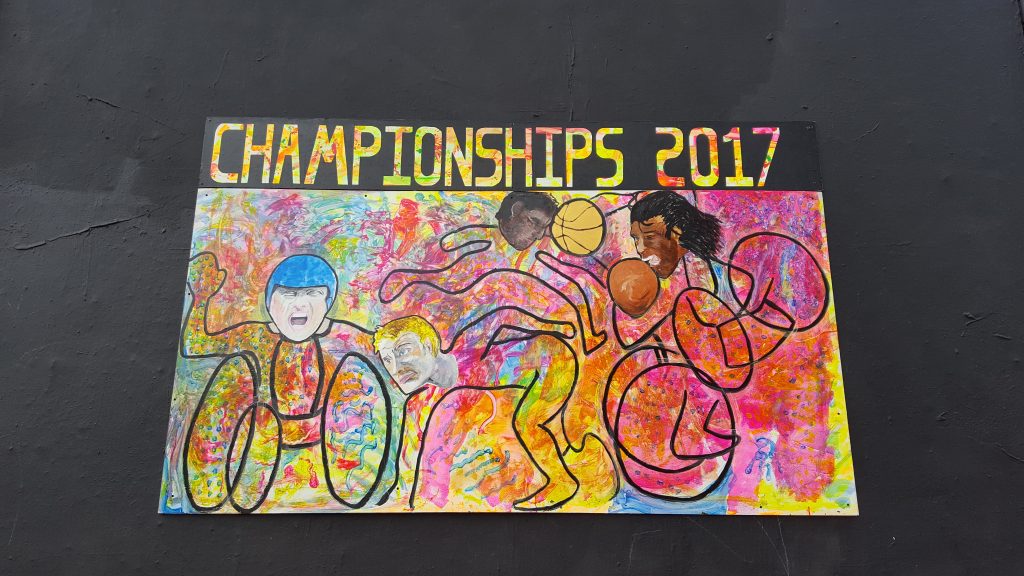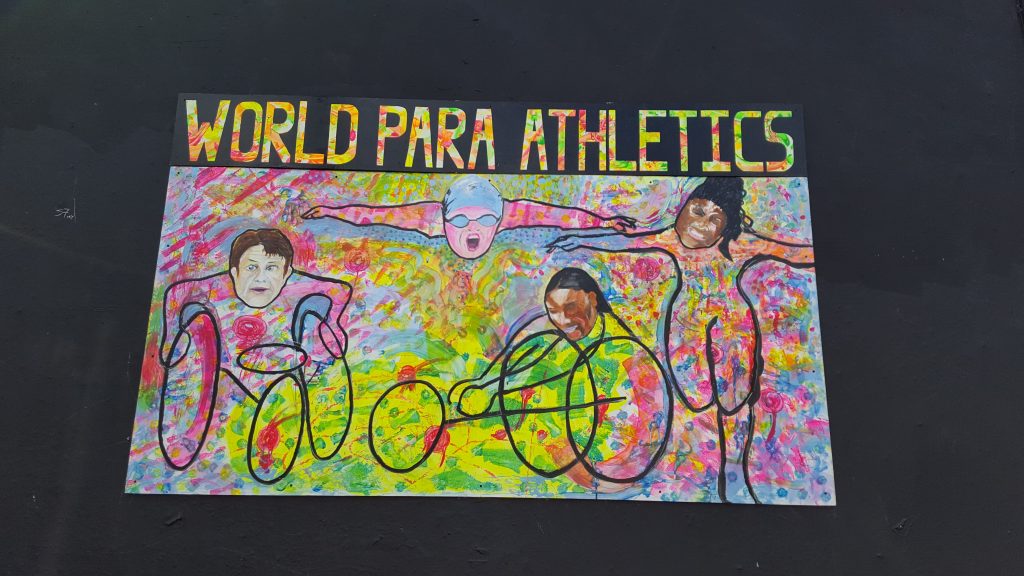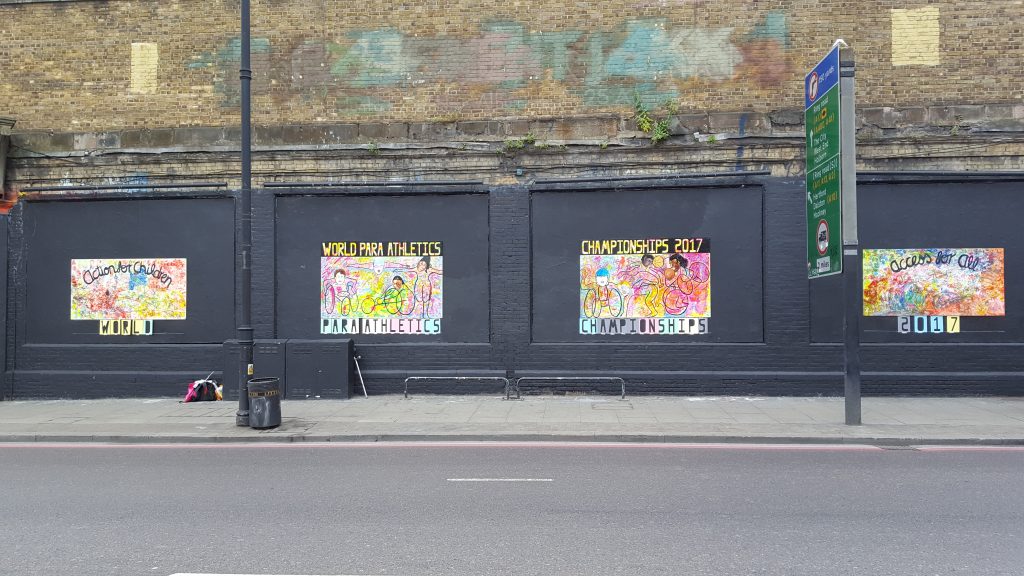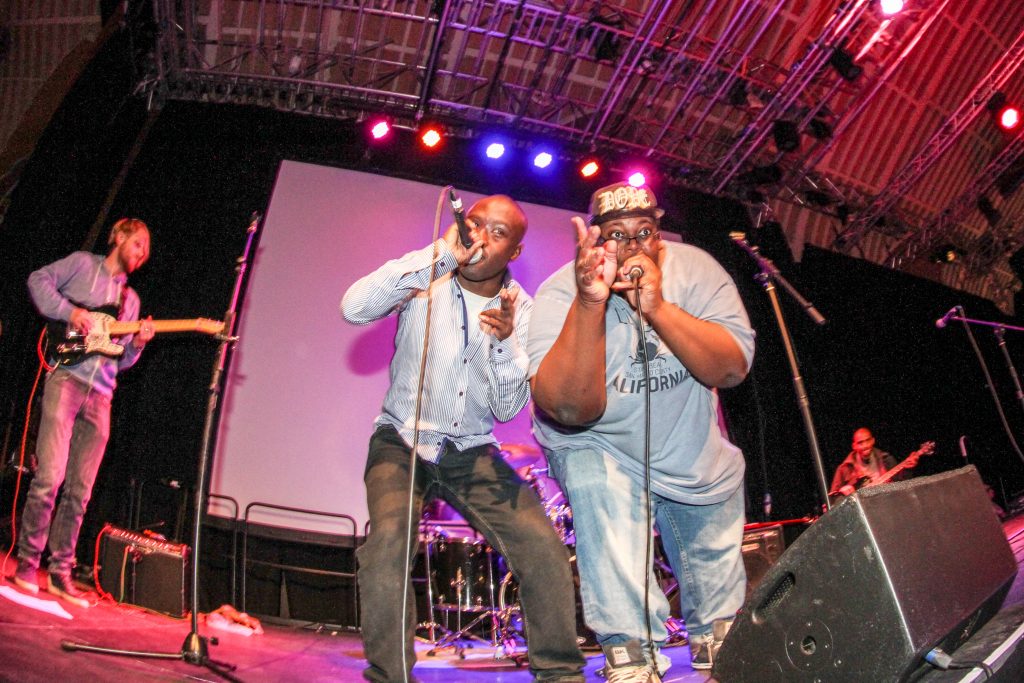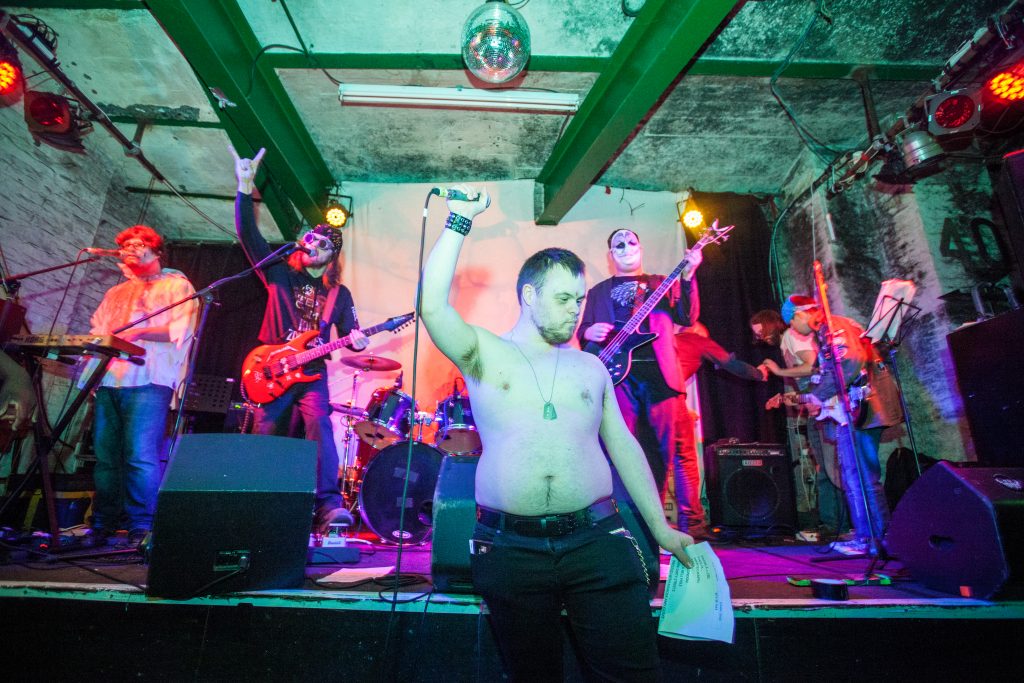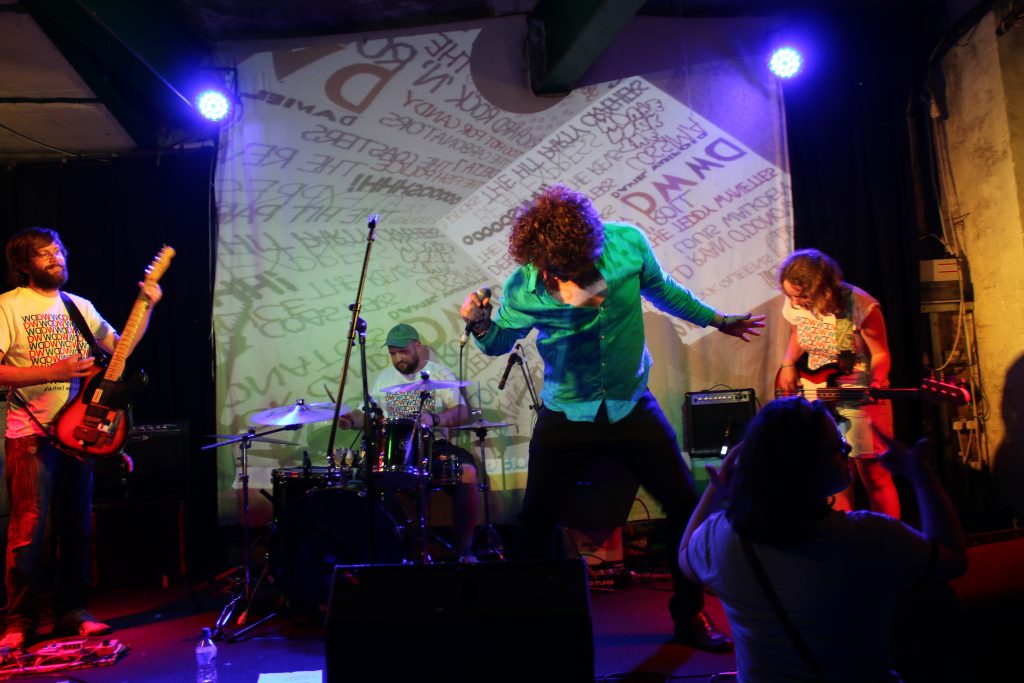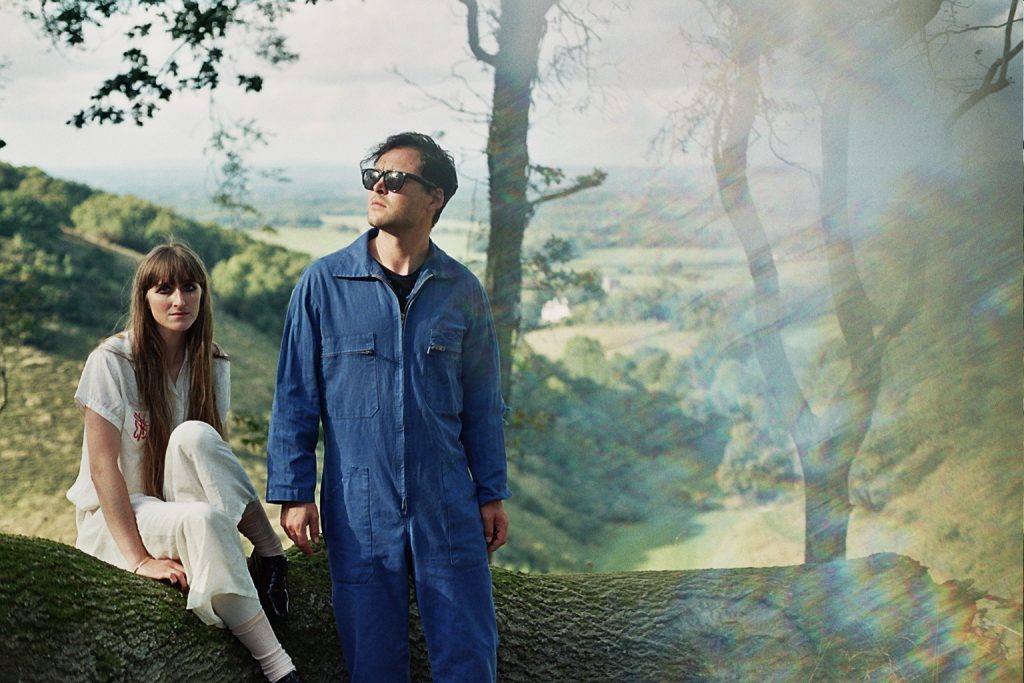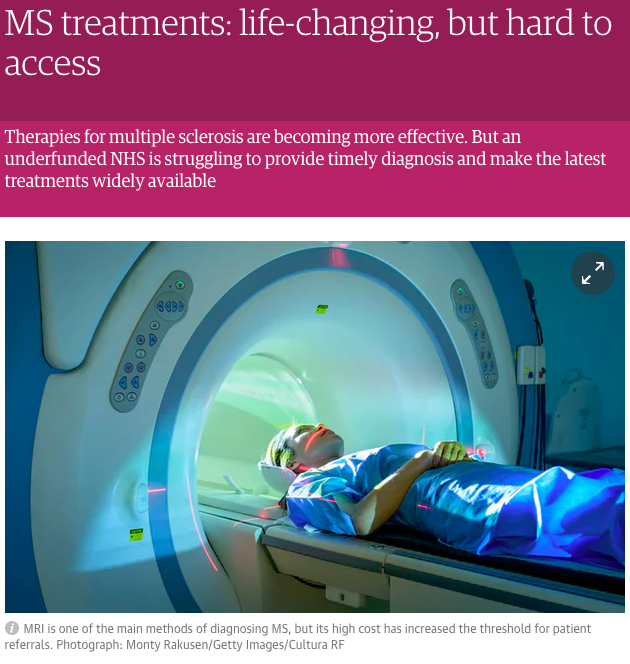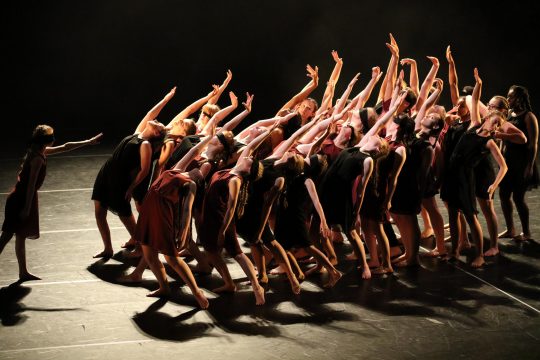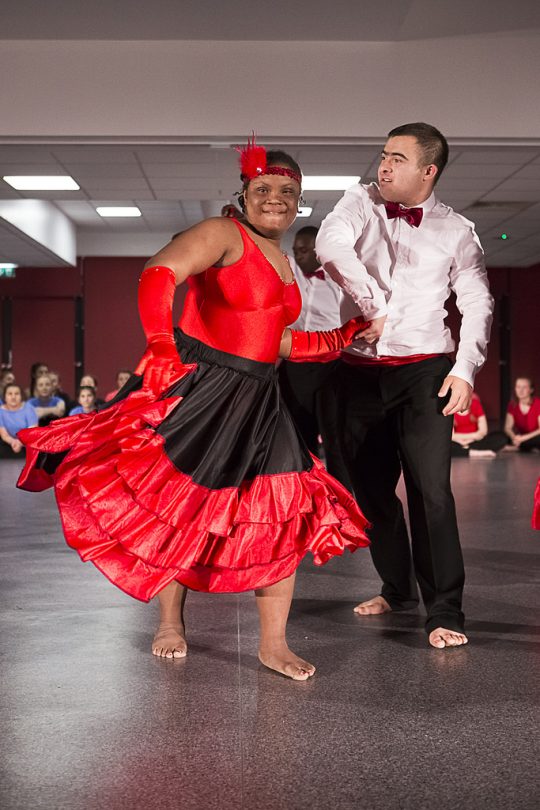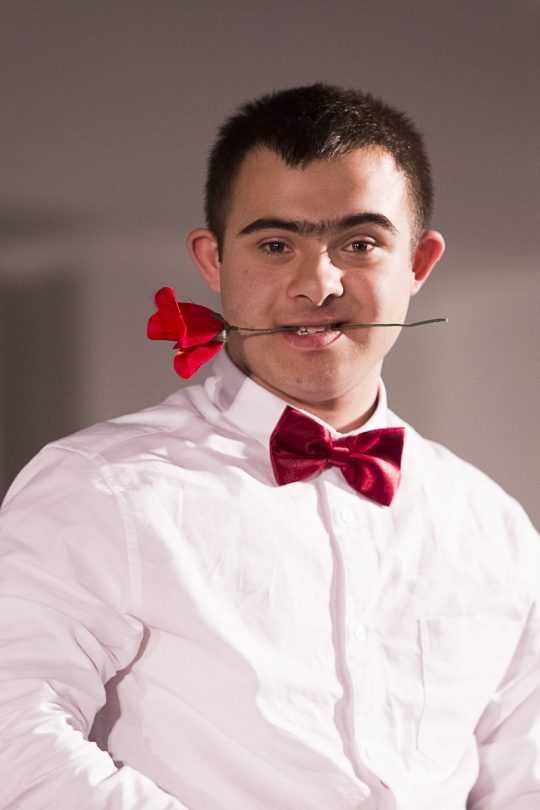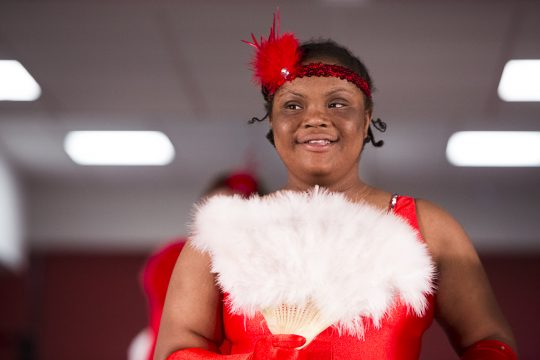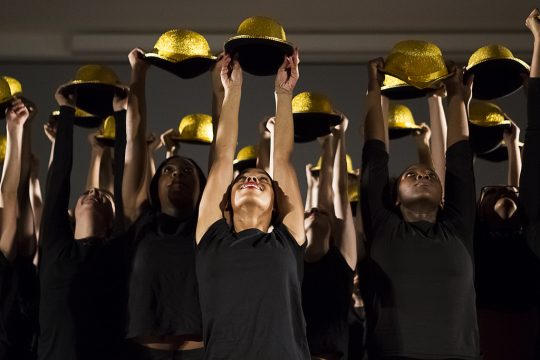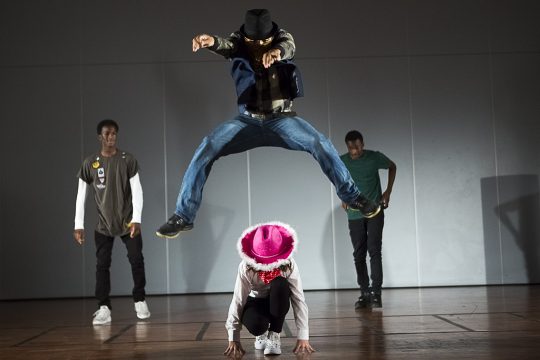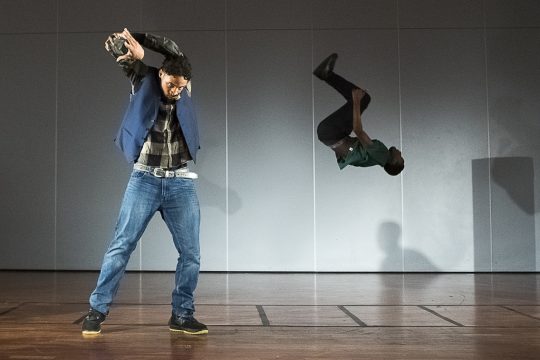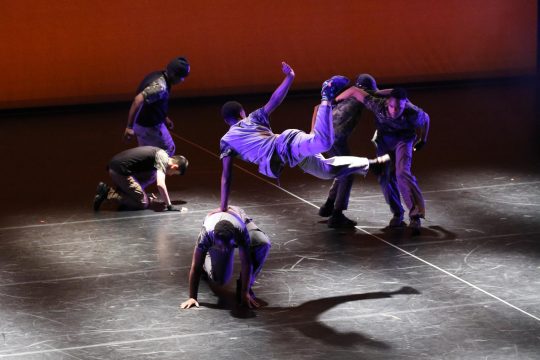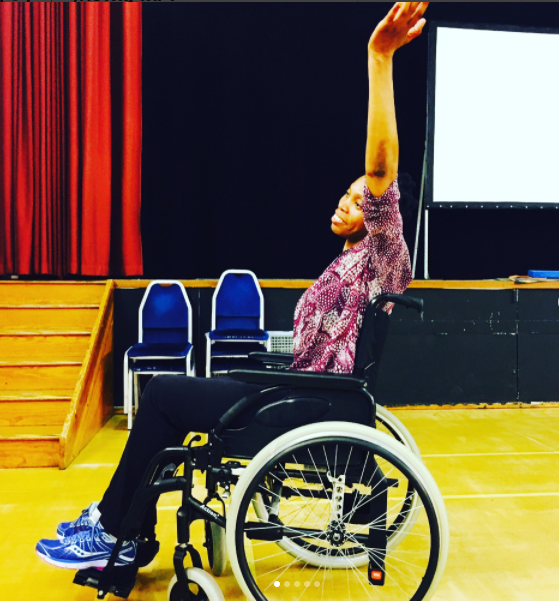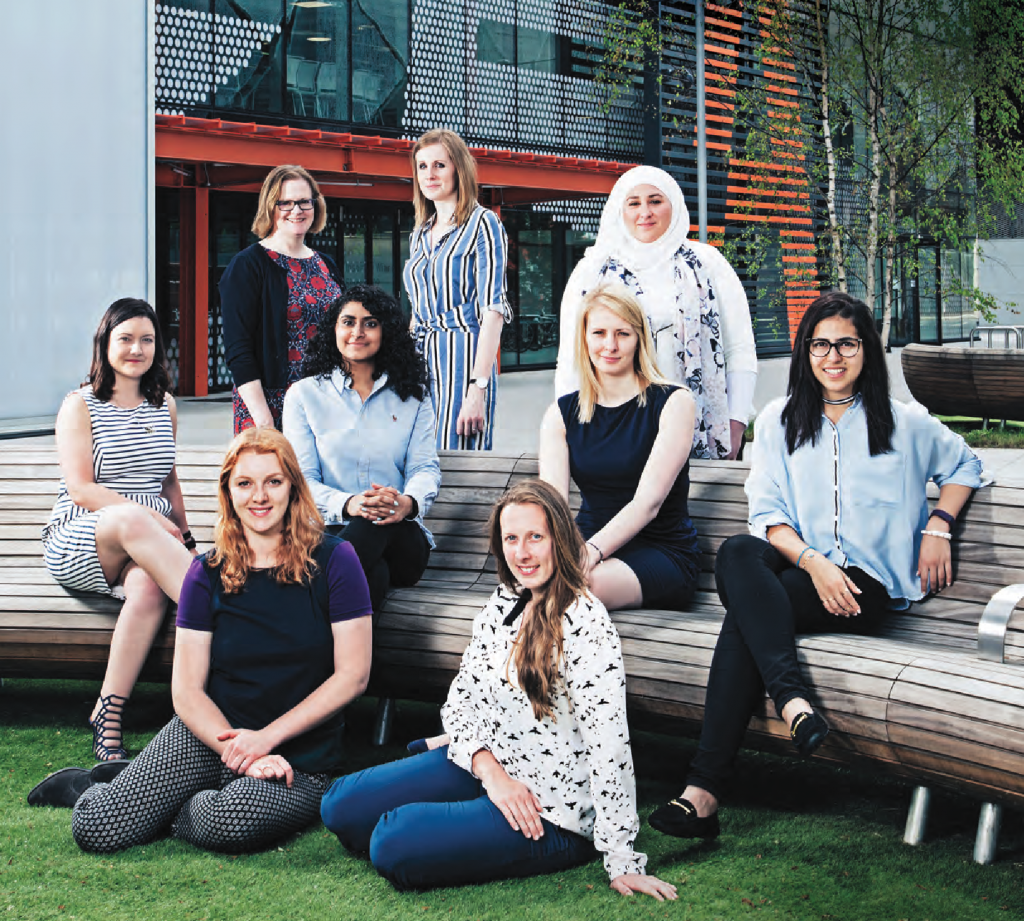This update was originally posted on Unbound on Sunday 10 Sept:
First off, a HUGE thank you to all you brilliant early bird pledgers for getting Made Possible off the ground – I’ve been blown away by your support, feedback, encouragement and enthusiasm.
Your help in creating this book means that Made Possible reached a major crowdfunding milestone after just 2 days – the 25% mark. Sensational – we’ve not even been going for a week and we’re a quarter funded!
Thanks too to those of you who’ve fearlessly embraced the unfamiliar waters of crowdfunding; this is all new to me too, so we’re in it together.
Some of you have asked why this method to create Made Possible. Good question. Unbound felt right, not least because it’s an award-winning publishing company, but because it connects readers directly with the books they want to see written. In a nutshell, you support the book you want to read – without your pledge, the book can’t get published. And Unbound breaks the traditional boundary between reader and writer – an approach that overturns the status quo seemed like absolutely the right fit for a book that aims to do the same thing.
So here we all are, this is now our Made Possible community! Thank you for being a part of it – it’s going to grow, and as it does, we get closer to the aim of challenging some very outdated mindsets about learning disability.
If you’ve pledged, please do share the news about what you’re helping to create, and encourage others to help make this happen. You can use #MadePossible on social media and see who else is talking about what we’re trying to do.
Thanks everyone, and more soon,
Saba

